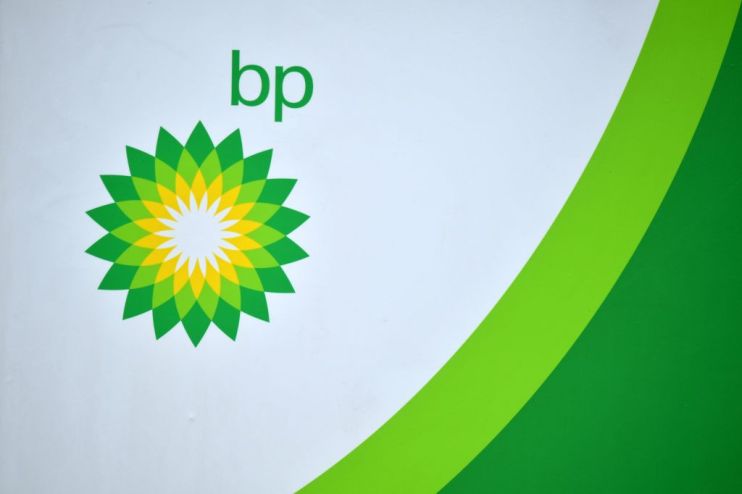BP looks to a low carbon future after coronavirus oil carnage

It’s not every day that an oil giant gets a slap on the back from Greenpeace. But that’s exactly what BP achieved this morning when it slipped out plans to produce 40 per cent less oil by the end of this decade.
Alongside its second quarter results – which made ugly reading for investors, as the firm booked a record $6.7bn loss – BP unveiled its “strategic reset” as it seeks to pivot from oil producer to “integrated energy company”.
Although the cut in oil production will attract the most attention, the full list of BP’s targets for the next decade underscores just how serious the firm is about this transition.
By 2030, it will invest ten times as much in low carbon energy, increasing expenditure from $500m to $5bn. It will also build as much renewable energy capacity – 50 gigawatts – in 10 years than currently exists in the UK.
Beyond that, it will also expand hydrogen business to 10 per cent share of core markets business, while aiming to rollout 70,000 electric vehicle charging points by 2030. It currently has 7,500.
It takes a lot to impress environmentalists, but even Greenpeace campaigner Mel Evans accepted that the list of actions were a “necessary and encouraging start”.
Mark van Baal of investor group Free Now agreed, saying that “BP is the first oil major that walks the walk instead of just offering ambitions for 2050, like its peers.
“BP shows sense of urgency and imagination beyond oil and gas. It seems that other oil majors want to stay oil and gas companies, only don’t look like one.”
‘Massive change of direction’ for BP
When in February chief executive Bernard Looney pledged that BP would be a net zero oil company by 2050, no one could have predicted the firm would have made such substantial changes so fast.
But of course, that was before the coronavirus pandemic sent global oil markets into meltdown, leading BP to writedown billions of dollars of upstream assets, and reduce its long-term oil price forecasts.
For the Economist Intelligence Unit’s Cailin Birch, BP’s decision to revise down its asset valuation and slash dividends by 50 per cent “illustrates both the speed and the extent to which the outlook for the global oil industry has deteriorated compared with the start of 2020”.
With oil prices now set to hover between $50 and $60 for the next 30 years, BP’s focus is now on getting the most out of its current assets while preparing for the net zero future, says Hargreaves Lansdown’s Nicholas Hyett.
Even so, he added, it’s a “massive change” of direction for the company, and suggests that BP “feels there’s a real risk it’s left holding what are sometimes called stranded assets.”
It looks like bad news for shareholders, however, with any future surpluses to be put towards share buybacks rather than payouts for investors.
“It’s probably a necessary move to preserve cash and fund the strategic shift that’s underway, but it’s a further blow to income investors who have already seen their dividend cheques slashed”, said Hyett.
‘BP must go further’
Though today’s announcement will likely garner Looney plaudits among those concerned about the impact of the oil industry on the environment, there is still much for the firm to do.
For example, as CMC Markets’ Michael Hewson points out, the commitment to a ten-fold increase in low-carbon investment over the next 10 years sounds laudable, but is just half what the company paid for BHP’s shale assets in 2018.
And van Baal said that though the decision to end exploration activity in new markets was a positive one, it still allows the company to continue its exploration operations in countries all over the world.
Under the 2050 Paris climate agreement, all exploration must cease, he pointed out.
“BP must go further, and needs to account for or ditch its share in Russian oil company, Rosneft”, Evans added.
But it has now taken a clear lead over its competitors, many of whom are yet to announce how exactly they will begin to fulfil the raft of commitments they have made for the next 30 years.
The much-derided “Beyond Petroleum” moniker at last feels a little bit less like fantasy.